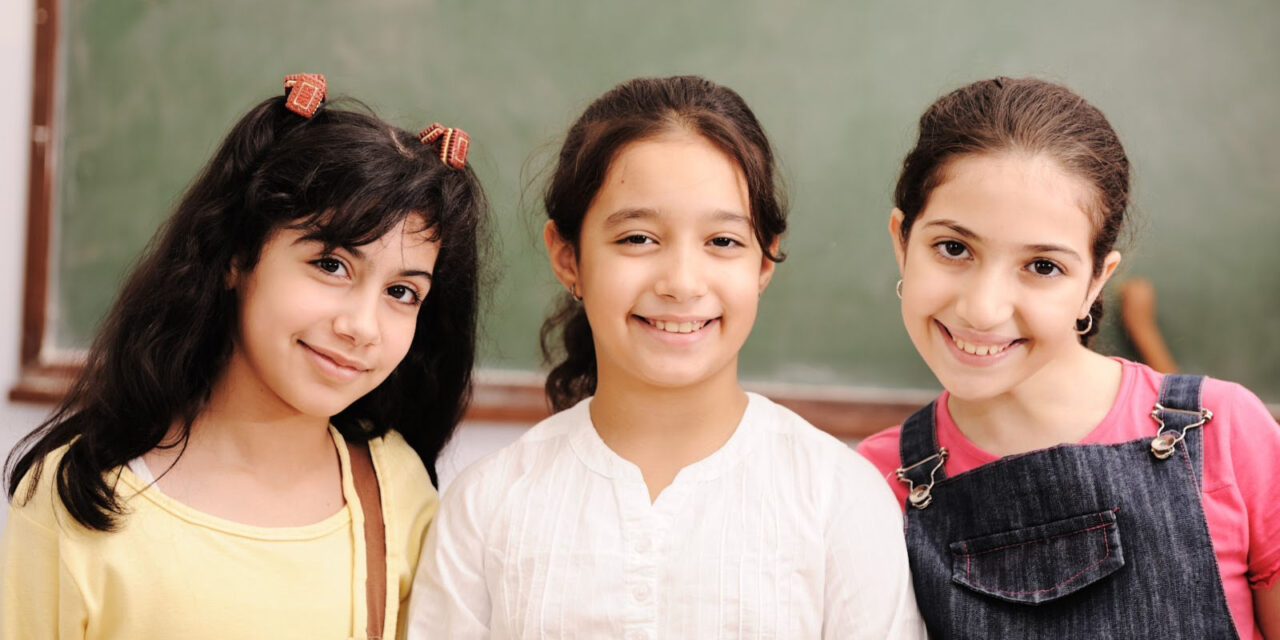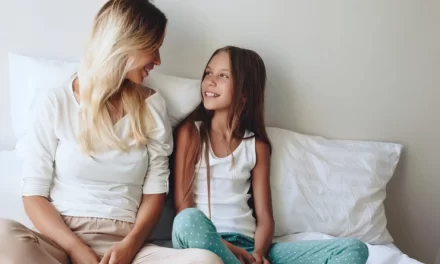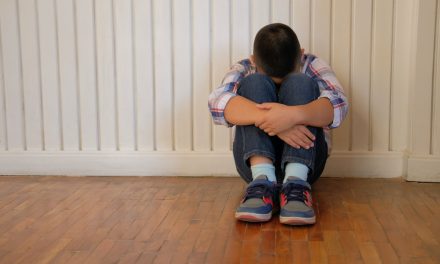Remember your first days of high school? For me, it was a blur of new teachers, new subjects, and a campus bigger than I could imagine. It was also awkward and overwhelming and utterly exhausting. All very messy and human really!
For most kids, starting high school is a big deal. It is often the first significant life change they must navigate without their parents.
Schools tend to do a very good job of orienting students and teaching them to manage the logistics and academic aspects of high school life. However, the biggest concern for kids is one that teachers can’t address for them. Our children must make their own social connections and their own friends.
Friendships evolve and dissolve
For some students, making friends comes easily, others have the advantage of primary school friends who make this transition with them. That said, all students will encounter some change in the first six months of high school.
The much larger pool of students means new friendship groups will evolve and others will dissolve. This will continue throughout high school as our kids grow and develop their personalities. We need to normalise change in friendships.
A study by researchers at Florida Atlantic University found that only 1% of friendships that started in seventh grade, lasted for the full five-year period of the study. In fact, 76% of Year 7 friendships didn’t last a year. That doesn’t mean all friendships end badly. Often, kids just drift apart.
For our kids, these shifts can feel unsettling and even heartbreaking. This is especially the case if they romanticise friendships. What does that mean? Well, a quick scan of social media reveals our romanticism. There are constant odes to life-long friends and “those friends you never see but nothing ever changes”. No wonder kids think a friendship ending is a crisis! In reality, friendships change, and that’s okay.
In your everyday talk at home, try to be realistic about the ups and downs of friendships. Talk about the value of friends, but also the work and time invested, and share stories of friendships ending in your own life.
Don’t panic
Many parents worry if their child does not have a best friend after the first month of high school. They will come to the school and report it as though it is a problem. Please don’t. At this stage, your child should be mixing with lots of different students. It is part of figuring out who they are.
In primary school, your child was likely in the same class, with the same people for a very long time. Now they need the chance to explore friendships and figure out who they like themselves around. They have more choices in high school.
Encourage them to join co-curricular groups and activities so they are exposed to all sorts of people, with different interests, different senses of fun, and varying ways of seeing the world.
Kristina Morgan is the lead clinical psychologist at Lourdes Hill College. She says, “If there is a time to worry, it is if your child feels they shouldn’t make new friends and their old friends shouldn’t either. Sometimes kids feel as though they own their friends.
“No one is obligated to be your child’s friend or to continue to be… and vice versa. Every child should feel they are “allowed” to have as many friends and connections as they like, and they can move between social groups.”
If your child is anxious about not having friends, remind them of the difference between fitting in and having friends. Fitting in is about getting involved and building a web of connections. Most kids can do that straight away. Friendships take longer. Anything as valuable as a good friend takes time and effort.
How to help your child develop new friendships
1. Make sure your child knows they deserve friends
Some kids don’t have this confidence and will cling to the first person who pays them attention. Confidence and the knowledge that they matter are vital.
I will never forget the primary school graduation speech made by the son of one of my friends. He said, “Be true to yourself, be kind to others, and have confidence in yourself. When I say be confident though, don’t think, “Everyone will like me”. Say, “I’ll be okay if they don’t.”
What an incredibly wise young man!
2. Empower your child
Kristina Morgan emphasises our need to equip kids so they can walk into school head high and wings out, ready to fly. That confidence is more available to a child who is organised and engaged.
Kristina says, “Empower your child to make their own way to school and cocurricular if practical. If you are chaperoning them all the time, you are not giving them the opportunity to develop their own skill set, particularly with friendships.
“Let your child walk into school on their own. If practical, let them catch the bus or train so they meet the students also using public transport. Help them to be organised enough that they get to school early so they can connect with peers before school.”
3. Encourage them to do friendship research
The first term is really about research… the fun kind! Kids need to meet people, hang out, share interests, talk, and figure out who others really are. Only then should they decide who they want to spend their time and heart on.
That research could result in lots of friends and acquaintances of varying significance, and the understanding that one BFF (best friend forever) is over-rated. Having lots of different friends is much better.
4. Understand there is no right number of friends
Parents and teachers often have a preconception about how many friends is ‘healthy’. It is often based on how many friends they had, or wish they had in high school.
The truth is, there is no magic number of friends. Some people need a few close friends and confidantes. Others need many acquaintances and lots of shared time. If your child is happy with their situation, then that’s fine. They do not need to conform to anyone else’s expectations.
5. Teach your child friendship skills
If your child wants to make more friends, you may need to teach them some basic skills:
- Be brave and say hello
- Look at people and smile
- Ask questions about others rather than just talking about yourself. Then listen.
- Don’t stare at your phone all the time. Interact with others so they know you’re interested in them
We can help with that last one by leaving them alone. If your child is spending breaks talking to, or texting you, they are not available to make friends.
6. Make your home open and welcoming… a place that other kids like visiting!
Encourage your child to invite people over. Snacks and a friendly atmosphere can make all the difference.
Final thought…
This is an exciting time for you and your child. Starting a new school is a rite of passage that should be acknowledged. It is a privilege to walk alongside your child as they become more independent. And although they are growing so quickly, they still need you, especially in the realm of social learning.








